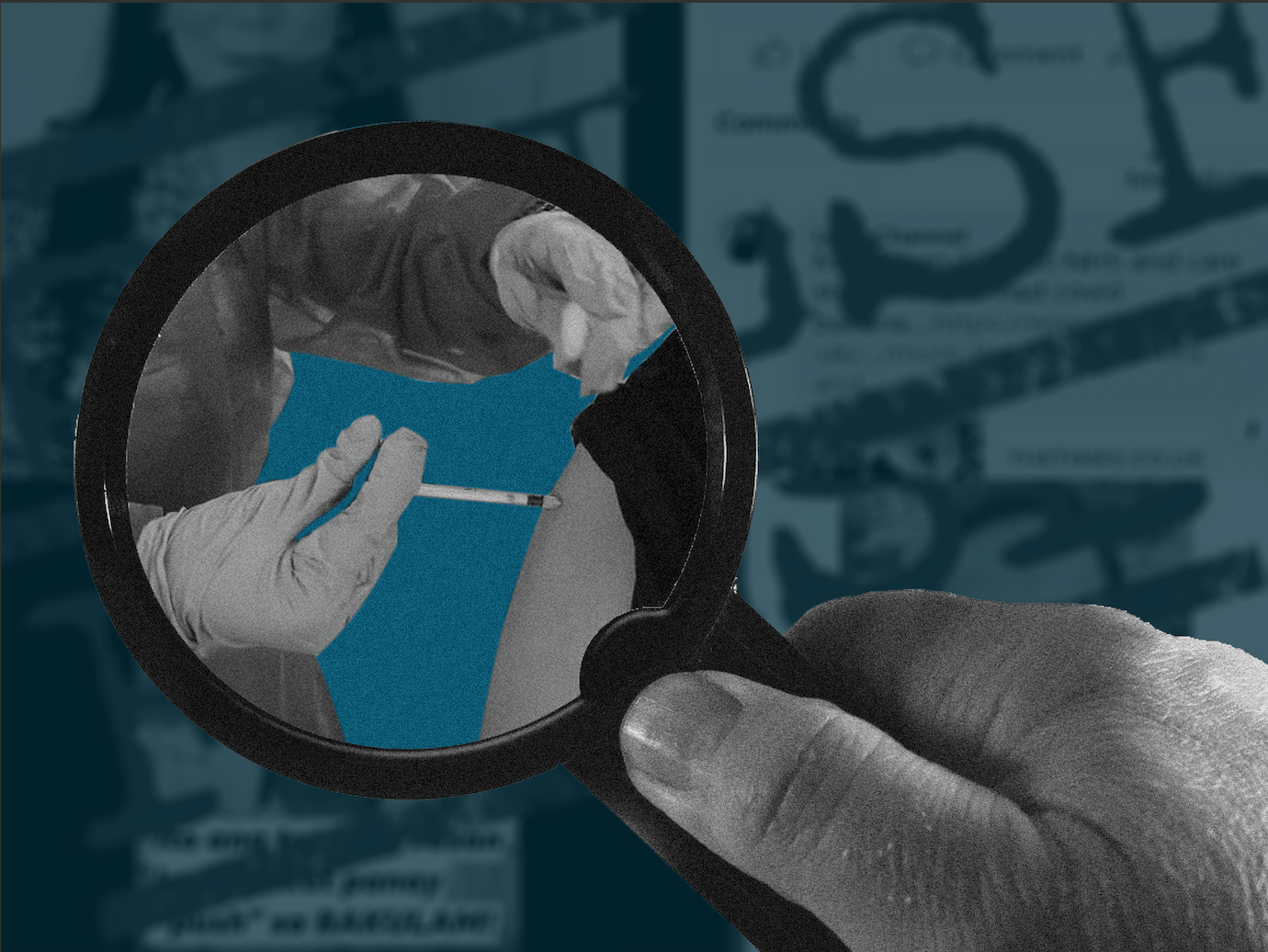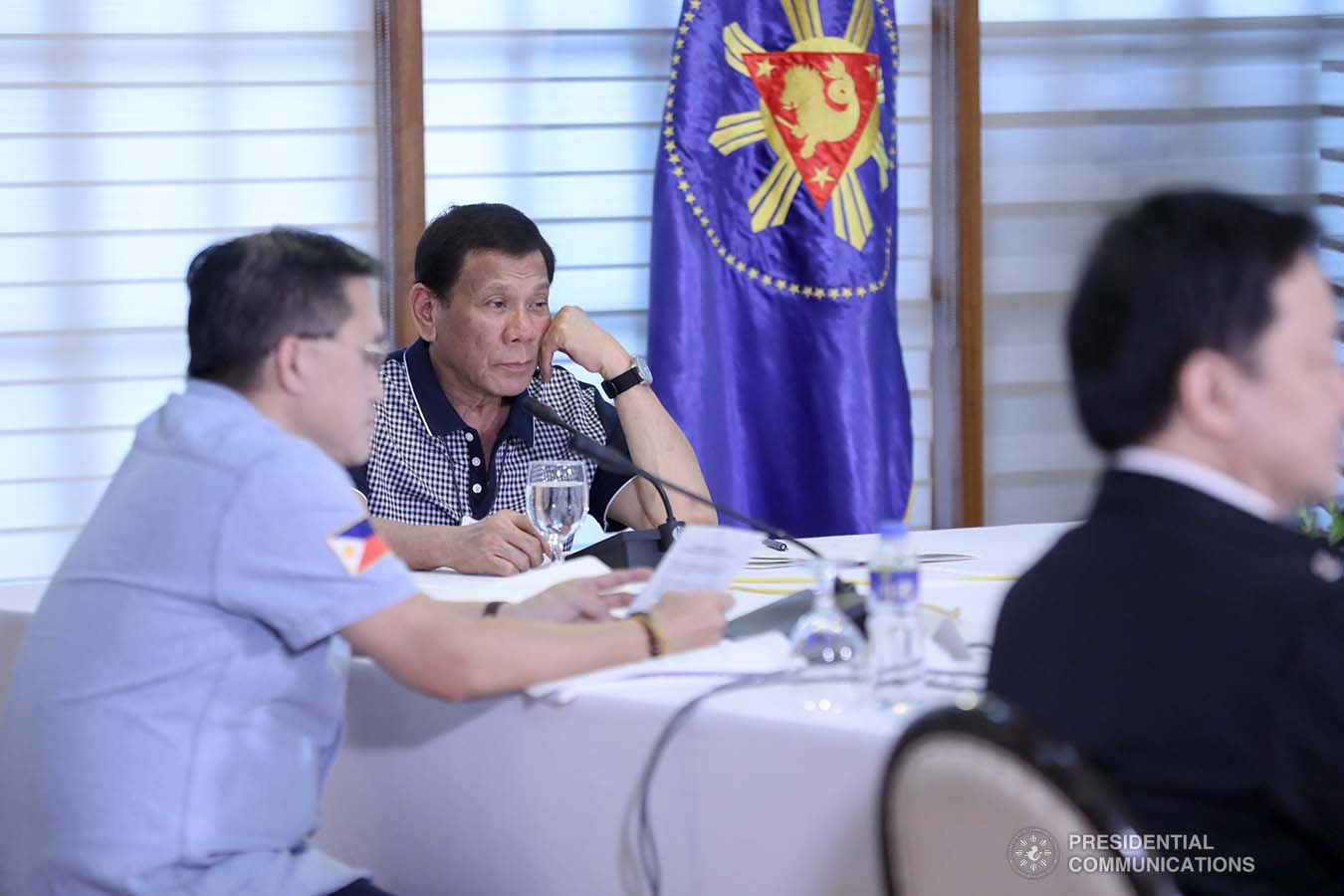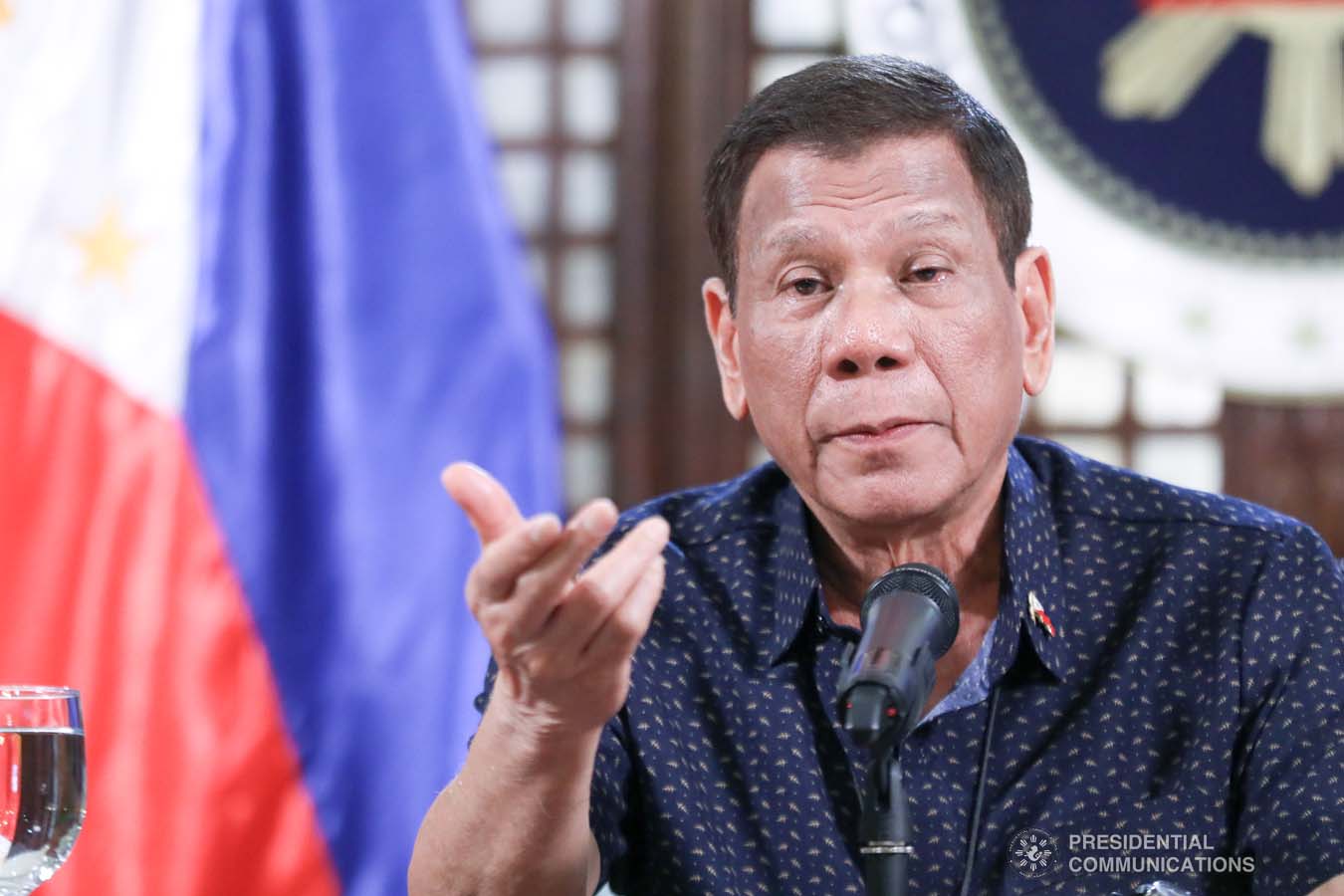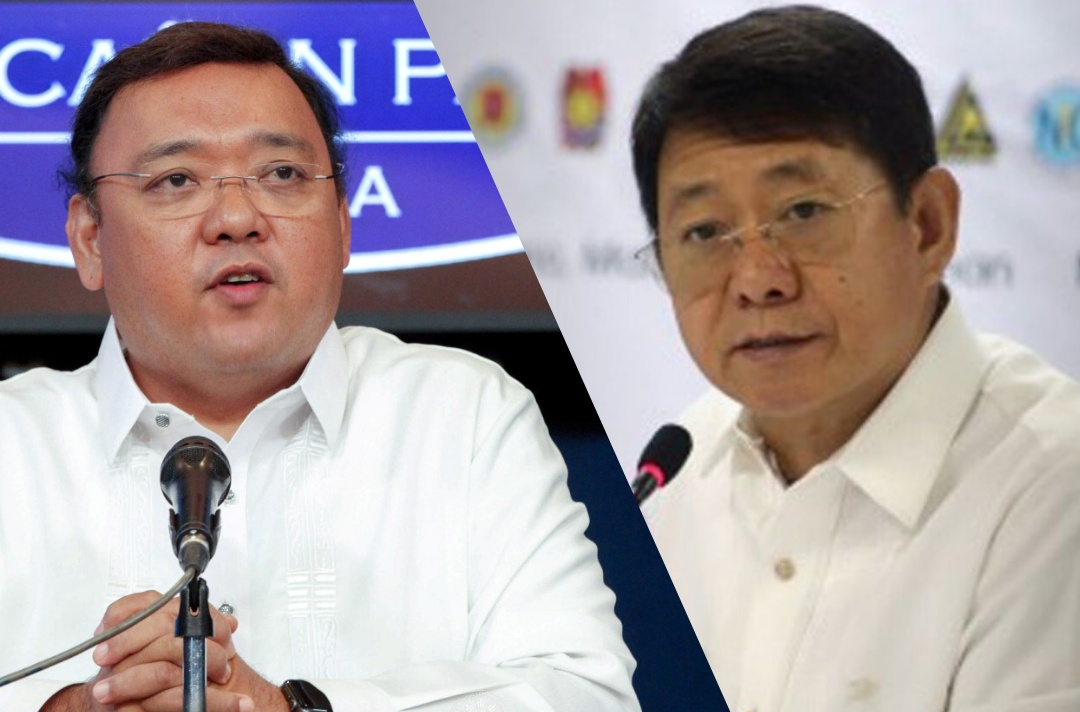The Duterte administration in February began finalizing deals to acquire vaccines against the coronavirus disease 2019 (COVID-19) to inoculate 70 million adults and reach “herd immunity” by yearend.
The government launched its P70-billion program with a symbolic vaccination of frontline workers at the Philippine General Hospital (PGH) in March. This came almost a year after the Philippines declared a national lockdown to curb the spread of the deadly disease.
“Let’s view the vaccine separate from politics, (political) parties, administration and beliefs, and instead look at the science that is clear,” said Dr. Gerardo “Gap” Legaspi, PGH director and the first Filipino to receive the vaccine in an effort to allay the public’s doubts and fears. (See A show of trust: Philippine public health officials receive first jabs of Sinovac vaccine)
When more deadly virus variants emerged, the Department of Health (DOH) shifted gears to “population protection,” or the vaccination of everyone “deemed vulnerable,” including the elderly, healthcare workers, and people with comorbidities. The threat of low vaccine uptake, however, lingered.
While Filipinos were “likely” to get COVID-19 shots for the sake of their families and loved ones, they remained concerned about the safety, side effects, and efficacy of the vaccines, a DOH survey from May 16 to 31 showed.
Disinformation on the adverse effects of the vaccines contributed to widespread hesitancy in getting the shots.
Among 336 items of online disinformation fact-checked this year, VERA Files Fact Check flagged 36 claims about the COVID-19 jabs that showed the following patterns:
1. Vaccine disinformation peaked as COVID-19 cases surged in the country.
Hoaxes, myths, and other misinformation about vaccines had proliferated long before the government started administering COVID-19 shots. (See VERA FILES FACT CHECK YEARENDER: Hoaxes, myths precede COVID-19 vaccine rollout)
As more people got inoculated, disinformation about the vaccines more than doubled. Compared to 14 fact checks last year, VERA Files Fact Check published 36 on COVID-19 vaccines from Jan. 1 to Dec. 10 in 2021.
In July, VERA Files flagged seven items that had false content on the vaccine’s side effects, ingredients, and conspiracy theories.
By August, fact checks had debunked five viral vaccine-related posts insinuating that the vaccines “caused” death. That same month, the Philippines had logged a four-week average of 78,423 infections.
Among the most popular was an unfounded claim that COVID-19 vaccines are more dangerous than the virus itself. This statement was made by retired pharmacologist Dr. Romeo Quijano in an interview on the DZRH News program DOS POR DOS, which had an estimated reach of 2.4 million people on Facebook (FB). (See VERA FILES FACT CHECK: Retired med professor makes BASELESS claim about ‘danger’ of COVID-19 vaccine)
2. Majority of the posts targeted the safety of COVID-19 vaccines, more than its reported efficacy.
Vaccine disinformation peddlers amplified the “serious” side effects of the vaccines, claiming that fatalities were widespread among those who received their shots.
This trend was consistent throughout the year, despite the declaration of the World Health Organization (WHO) on March 31 that it was “normal” and “common” for people to experience “mild to moderate” side effects after inoculation.
“I think in general, fear always triggers a lot of discussion, whether positive or negative,” Dr. Beverly Ho, director IV of the DOH Health Promotion Bureau, told VERA Files Fact Check in an interview. She leads the task group on Demand Generation and Risk Communications of the National Task Force against COVID-19. Ho is also director of the Disease Control and Prevention Bureau.
Amid reports that the Pfizer vaccine had been “linked” to the deaths of adults in Norway, President Rodrigo Duterte and former Palace Spokesperson Harry Roque in public speeches expressed confidence in Sinovac which comprised the bulk of COVID-19 vaccine supply in the early phase of the rollout.
- VERA FILES FACT CHECK: Duterte’s claim on Norway deaths following vaccination with Pfizer needs context
- VERA FILES FACT CHECK: To boost trust in Sinovac, Roque repeatedly cites wrong data
“It’s the fear and desperation, I think, that’s resulting to (sic) that,” Ho said, noting that various countries experienced a surge of COVID-19 cases by mid-2021.
It was at this time that the Delta variant was detected in more than 40 countries. This led WHO to declare Delta as a “variant of concern.” (See VERA FILES FACT SHEET: Amid new COVID-19 virus variants, here’s how the Philippines can prevent another surge)
3. Two overseas Filipinos were the top sharers of vaccine disinformation using Facebook Live as a platform.
The top source of vaccine disinformation was Lynn Agno, a vlogger based in the United Kingdom (U.K.) who was fact-checked by VERA Files Fact Check eight times this year. Second was physical therapist Ron Samaniego who lives in the United States, and had two items subjected to fact-checking. Both discouraged the public from getting their shots.
Before some of Agno’s FB accounts were suspended by Meta, she capitalized on FB livestreams that ran for an average of 41 minutes. She aired a mix of false and misleading content about the pandemic.
Meta, the company behind FB, took down Agno’s FB page and personal account for repeatedly sharing health misinformation, which is against the platform’s community standards.
To see VERA Files’ fact checks on Agno, hover your cursor over these photos:
In December last year, the social media group announced that it would remove false claims about vaccines, their safety, efficacy, ingredients, or side effects.
“This is another way that we are applying our policy to remove misinformation about the virus that could lead to imminent physical harm,” Meta said, noting that it would “regularly update the claims” to be removed based on guidance from public health authorities.
To get around these policies, Agno created a website and a dark social channel in Telegram on Jan. 18 to continue reaching online users while also attempting to fly under the radar of fact-checkers. In her posts, she urged her followers to move to these online spaces to avoid “censorship.”
4. Vaccine disinformation peddlers used local language.
Agno and Samaniego, who are not immunologists or infectious disease experts, referred to the vaccines differently to get around FB’s word detection technology against vaccine disinformation.
They called the vaccines bakulam, a portmanteau of “kulam” (witchcraft) and “bakuna” (vaccine). Agno also used punctuation marks to refer to public health expert Anthony Fauci, stylized as “F@UC1.”
Both users linked “bakulam” to the vaccines’ ingredients, which they described as “toxic” and “harmful.” Whenever the two used “credible” sources, they would take the information out of context.
- VERA FILES FACT CHECK: Filipina vlogger shares report that NEEDS CONTEXT
- VERA FILES FACT CHECK: Claim that vaccines are being used to reduce population FALSE
Such terms fueled vaccine conspiracy theories that Agno and Samaniego floated often without basis. These included claims that the vaccines would cause “mass deaths,” and those who would get their shots would be subjected to “population control” through microchips.
5. Viral vaccine disinformation in the Philippines was also found in other countries.
In 2020, the #CoronaVirusFacts database, a repository of fact checks published by over 100 fact checkers around the world including VERA Files, proved true that COVID-19 disinformation crossed borders. This trend continued in 2021.
On June 12, 2020, Agence France-Presse and USA Today debunked a viral claim that COVID-19 tests and vaccines contained microchips supposedly funded by billionaire Bill Gates in a conspiracy to establish a “new world order.”
Eight months later, VERA Files Fact Check flagged the exact same post circulating online in the Philippines that reached 28.1 million users. (See VERA FILES FACT CHECK: Conspiracy theories on COVID-19 vaccines having microchips revived)
“There are things that [really] cut across the entire world,” said Ho, as the DOH itself had debunked claims sourced from other countries.
Another piece of false information that spread in various countries was the claim that people who receive the shot develop a “magnetic field” due to a “genetically engineered magnet protein,” citing a 2016 U.K. study as evidence. (See VERA FILES FACT CHECK: COVID-19 vaccines DO NOT HAVE ‘magneto proteins’ that make people ‘magnetic’)
In response to this, Ho pointed out that some studies abroad do not get “contextualized” which can lead to science being “explained in the wrong way.”
Persuasion happens on the ground
In fighting vaccine disinformation online, Ho said the DOH uses “a whole set of tools” that make it easy to access the jab, provide incentives such as raffle prizes and disincentives like requiring tests for eligible workers who refuse to get vaccinated.
She stressed the need for media and big tech companies, like Meta, to amplify correct information on their platforms.
“What is clear to us (DOH) is our demand for the social media platforms to take down certain posts. We also need to call for more accountability on that part because whether or not the information comes from who[ever], as long as it’s on that platform, it will really spread,” she said in a mix of English and Filipino.
Recognizing the limitations of information campaigns to build vaccine confidence, Ho also highlighted the critical role of barangay health workers, medical practitioners, and regional officials who are tasked to promote health education at the vaccination sites.
The DOH official warned that vaccine disinformation spreaders may continue to question the ability of vaccines to protect the public in 2022.
“Part of our job is to develop tools that our local counterparts can use and modify,” she said, “because a lot of the convincing, the persuasion, is on the ground.”
Have you seen any dubious claims, photos, memes, or online posts that you want us to verify? Fill out this reader request form or send it to ‘VERA, the truth bot’ on Viber.
Sources
Department of Budget and Management, PRRD signs the P4.506 Trillion National Budget for FY 2021
Department of Health, COVID-19 Tracker
Dr. Beverly Ho, Personal Communication, Dec. 7, 2021
UNDP, Trends in COVID-19 Vaccine Acceptance in the Philippines and their Implications on Health Communication, Aug. 20, 2021
World Health Organization, Side Effects of COVID-19 Vaccines, March 31, 2021
British Medical Journal, Covid-19: Norway investigates 23 deaths in frail elderly patients after vaccination, Jan. 15, 2021
CNN, Norway reviewing deaths of frail and elderly patients vaccinated against Covid-19, Jan. 18, 2021
South China Morning Post, Coronavirus: Norway raises concern over Pfizer vaccine jabs for elderly as Australia seeks information, Jan. 17, 2021
Meta, Meta Response: Philippines Human Rights Impact Assessment, Dec. 2, 2021
Meta, Keeping People Safe and Informed About the Coronavirus, Dec. 18, 2020
Facebook, COVID-19 and Vaccine Policy Updates & Protections
Agence France-Presse, Posts falsely claim coronavirus testing is an excuse to implant Gates-funded microchips, June 12, 2020
USA Today, Fact check: Bill Gates isn’t planning to implant microchips via vaccines, June 12, 2021
Department of Health, Fact Check, March 27, 2021
Department of Health, Fact Check, April 7, 2021
Department of Health, Fact Check, Sept. 15, 2021
Official Gazette, IATF Resolution No. 148-B, Nov. 11, 2021
(Guided by the code of principles of the International Fact-Checking Network at Poynter, VERA Files tracks the false claims, flip-flops, misleading statements of public officials and figures, and debunks them with factual evidence. Find out more about this initiative and our methodology.)




